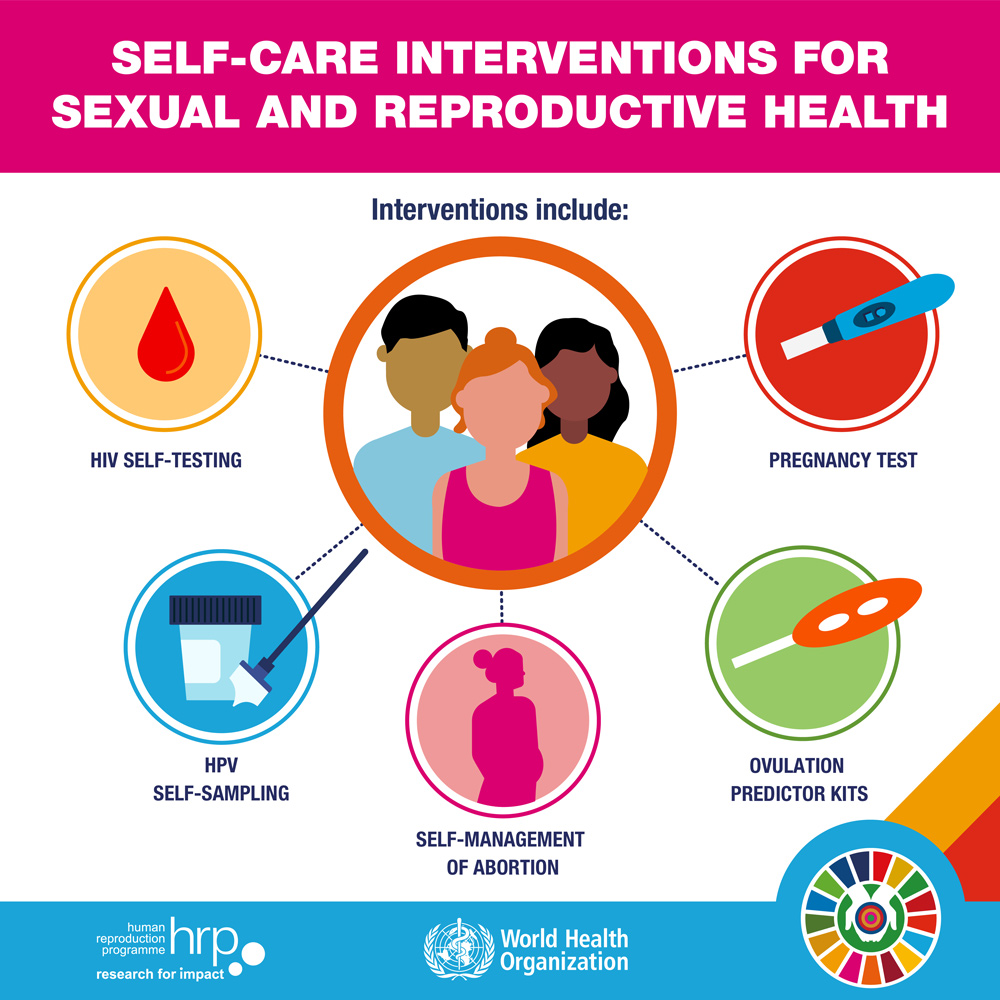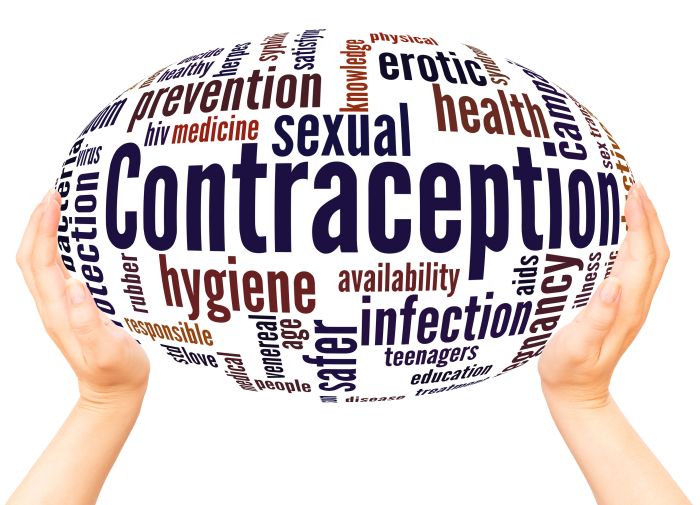
Reproductive health education for teens takes center stage, beckoning readers into a world of crucial knowledge that shapes young lives. From understanding consequences to empowering through education, this topic is essential for informed decision-making.
As we delve deeper, we explore the key components, challenges, inclusivity, peer education, and the role of technology in reproductive health education for teens. Let’s unravel the intricacies of this vital subject.
Importance of Reproductive Health Education for Teens
Reproductive health education for teenagers is crucial as it equips them with the necessary knowledge and skills to make informed decisions about their sexual health. Without proper education in this area, teens may face serious consequences that can impact their physical, emotional, and social well-being.
Potential Consequences of Lack of Reproductive Health Education
- Increased risk of unintended pregnancies
- Higher likelihood of sexually transmitted infections (STIs)
- Lack of understanding about contraceptive methods and options
- Negative impact on mental health due to misinformation or lack of support
Positive Impact of Early Education on Teenagers’ Reproductive Health Decisions
- Empowers teens to make responsible and informed choices about their sexual health
- Encourages open communication with parents, healthcare providers, and peers
- Promotes healthy relationships and respect for boundaries
- Reduces stigma and promotes sexual health awareness
Components of Comprehensive Reproductive Health Education
In a comprehensive reproductive health education program for teens, it is essential to cover a wide range of topics that will empower them to make informed decisions about their reproductive health.
Contraception
- Types of contraception methods available
- Effectiveness and usage instructions for each method
- Potential side effects and risks
Sexually Transmitted Infections (STIs)
- Common STIs, including symptoms and transmission
- Prevention strategies, such as safe sex practices and regular testing
- The importance of early detection and treatment
Consent
- Definition of consent and the importance of mutual agreement in sexual activities
- Understanding boundaries and respecting personal autonomy
- Recognizing signs of coercion or manipulation
Healthy Relationships, Reproductive health education for teens
- Communication skills for effective relationships
- Identifying signs of abuse or unhealthy dynamics
- Promoting respect, trust, and support in relationships
Challenges in Providing Reproductive Health Education to Teens: Reproductive Health Education For Teens

When it comes to delivering reproductive health education to teenagers, there are several challenges that educators and healthcare providers may encounter. These challenges can hinder access to accurate information and impact the overall well-being of teens.
Cultural and Societal Barriers
Cultural and societal norms can act as barriers to providing comprehensive reproductive health education to teens. In some communities, discussing topics related to sex, contraception, and STIs may be considered taboo or inappropriate. This can result in a lack of open dialogue and accurate information reaching teenagers.
It is essential to address cultural and societal norms sensitively while providing reproductive health education to ensure all teens have access to essential information.
Lack of Comprehensive Curricula
Another challenge is the lack of comprehensive curricula in schools or healthcare settings that cover all aspects of reproductive health. Some educational programs may focus solely on abstinence, while others may not provide information on contraception or STI prevention. This limited approach can leave teens with knowledge gaps and misconceptions.
Stigma and Judgment
Teens may also face stigma and judgment when seeking reproductive health information or services. This can prevent them from accessing the care they need and lead to feelings of shame or embarrassment. Creating a safe and non-judgmental environment is crucial to overcoming this challenge.
Role of Schools in Reproductive Health Education

Schools play a crucial role in providing reproductive health education to teenagers as they are a significant part of adolescents’ lives. By incorporating comprehensive reproductive health curriculum into school programs, numerous benefits can be achieved, including promoting informed decision-making, reducing risky behaviors, and improving overall health outcomes for teenagers.
Benefits of Incorporating Comprehensive Reproductive Health Curriculum
- Empowering Teenagers: Comprehensive education equips students with accurate information and skills to make informed choices regarding their sexual health.
- Reducing Teenage Pregnancy Rates: Adequate reproductive health education has been linked to lower rates of teenage pregnancies and sexually transmitted infections.
- Promoting Healthy Relationships: Education in schools can help adolescents understand the importance of respect, consent, and communication in relationships.
- Addressing Stigma and Myths: By providing evidence-based information, schools can help dispel myths and reduce stigma surrounding reproductive health issues.
Examples of Successful School-Based Reproductive Health Education Initiatives
1. The Teen Outreach Program (TOP)
This program combines classroom education with community service and has been successful in reducing risky behaviors among participating teenagers.
2. Comprehensive Sexuality Education (CSE) Programs
Schools that implement CSE programs have reported positive outcomes, including increased knowledge, improved attitudes, and delayed sexual initiation among students.
3. Peer Education Programs
Engaging older students as peer educators in reproductive health topics has shown to be effective in promoting positive behavior changes among their peers.
Inclusivity in Reproductive Health Education
Reproductive health education that is inclusive of diverse identities and experiences is crucial in ensuring that all teens have access to relevant information and support for their unique needs.
Importance of Inclusive Reproductive Health Education
It is essential to recognize that teens come from various backgrounds and have different identities, including LGBTQ+ individuals. By providing inclusive reproductive health education, we can ensure that all teens feel seen, heard, and supported in their reproductive health journey.
Strategies for Ensuring Accessibility and Relevance
- Offering information in multiple languages to cater to diverse language needs.
- Providing resources in various formats such as text, audio, and visual to accommodate different learning styles.
- Incorporating real-life stories and examples that reflect the experiences of a wide range of teens.
- Creating a safe and welcoming environment for open discussions and questions without judgment.
Addressing LGBTQ+ Health Needs
It is crucial to specifically address the unique health needs of LGBTQ+ teens in reproductive health education. This includes information on sexual health, relationships, and access to LGBTQ+ friendly healthcare services. By acknowledging and supporting LGBTQ+ individuals, we can ensure that no teen is left behind in their reproductive health journey.
Peer Education in Reproductive Health
Peer education programs play a crucial role in delivering reproductive health information to teenagers. These initiatives involve peers educating their counterparts on various aspects of reproductive health, including contraception, sexually transmitted infections, and healthy relationships. The peer-to-peer interaction creates a safe space for teens to discuss sensitive topics and ask questions without fear of judgment.
This approach has been found to be effective in positively influencing teens’ attitudes and behaviors related to reproductive health.
Effectiveness of Peer Education Programs
- Peer education programs have been shown to increase knowledge about reproductive health among teenagers.
- Teens are more likely to engage in conversations and seek advice from their peers, making the information more relatable and easily understandable.
- Peer educators often use language and examples that resonate with their peers, fostering a better understanding of the importance of reproductive health.
Examples of Successful Peer Education Initiatives
- In countries like Uganda, peer education programs have contributed to a significant decrease in teenage pregnancies and the spread of sexually transmitted infections.
- Peer-led workshops, interactive sessions, and peer counseling have been effective in empowering teens to make informed decisions about their sexual and reproductive health.
- Online peer education platforms have emerged as a valuable resource for teenagers to access accurate information and support from their peers.
Technology and Reproductive Health Education
Technology plays a crucial role in enhancing reproductive health education for teens by providing easy access to information and resources. Apps and online platforms have become valuable tools in delivering important reproductive health knowledge to teenagers.
Benefits of Using Technology in Reproductive Health Education
- Increased accessibility to information for teens who may feel uncomfortable seeking help in person.
- Interactive features in apps and online resources make learning about reproductive health engaging and informative.
- Real-time updates on sexual health trends and practices can be easily disseminated through technology.
Challenges of Using Technology in Reproductive Health Education
- Ensuring the accuracy and reliability of information shared through apps and online platforms.
- Privacy concerns regarding the data shared by teenagers on these technological platforms.
- Digital divide issues where not all teenagers have access to the necessary technology for reproductive health education.
Examples of Innovative Technological Solutions
-
An app that provides personalized sexual health information based on the user’s age and location.
-
An online platform offering virtual counseling sessions with reproductive health experts for teenagers.
-
A chatbot that answers common questions about contraception and sexually transmitted infections in a confidential manner.
Wrap-Up
In conclusion, reproductive health education for teens is not just about imparting information; it’s about shaping attitudes, behaviors, and ultimately, the future. By addressing challenges, promoting inclusivity, leveraging peer education, and embracing technology, we pave the way for a healthier, more empowered generation.
Frequently Asked Questions
How can lack of reproductive health education impact teenagers?
Without proper education, teens may face increased risks of unintended pregnancies, STIs, and unhealthy relationships.
What are common challenges in delivering reproductive health education to teens?
Challenges include cultural barriers, lack of access to information, and societal taboos around discussing reproductive health.
Why is inclusivity important in reproductive health education for teens?
Inclusivity ensures that all teens, regardless of background or identity, receive relevant and accessible information to make informed choices about their reproductive health.
How can technology enhance reproductive health education for teens?
Technology can provide innovative solutions to reach teens effectively, offering access to information through apps, online resources, and interactive platforms.





